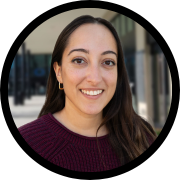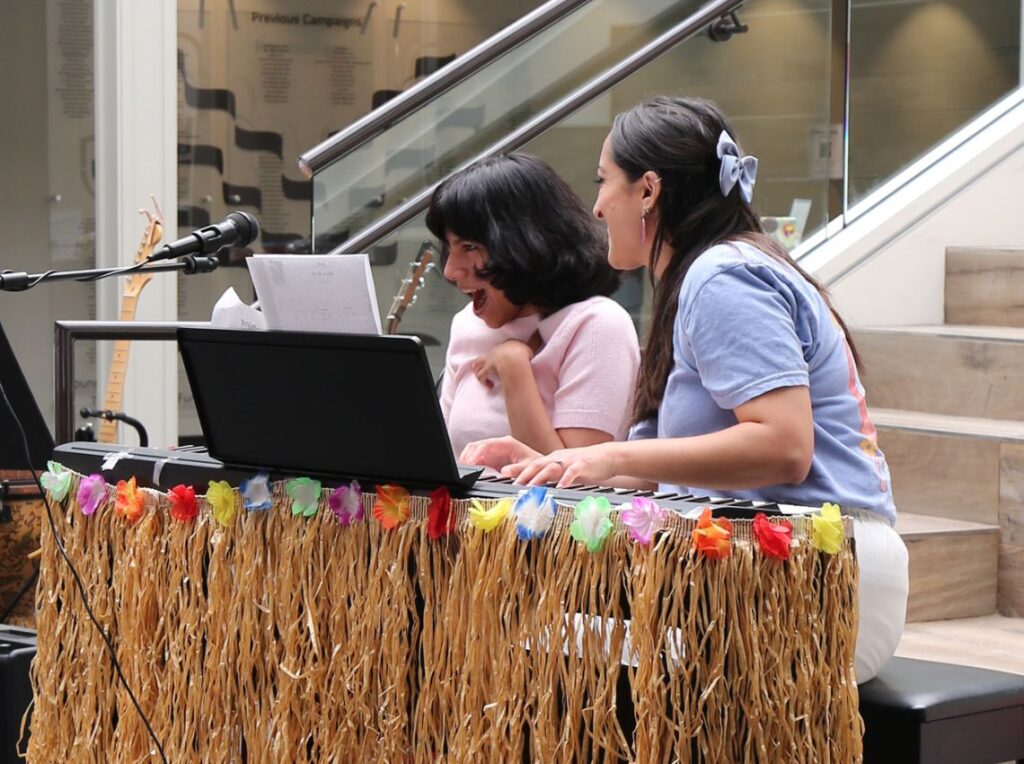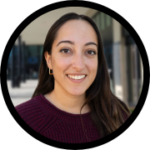Adapted Music Lessons vs. Music Therapy: Which Is Right for You or Your Child?

When exploring musical services for someone with learning, sensory, or physical challenges, one question we get often is: Should we start music lessons or music therapy? At OC Music Services, we’re often asked to help families navigate this decision. The answer lies in understanding the purpose, structure, and outcomes of each service—and recognizing that while they may appear similar, they are designed for very different goals.

What Are Adapted Music Lessons?
Adapted music lessons are one-on-one music instruction sessions tailored for individuals who need additional support to access traditional music education. These lessons are designed for people with:
Developmental delays or cognitive challenges
Physical or motor differences that affect instrument playing
Sensory processing differences
Learning disabilities or neurodivergence
In adapted lessons, the goal is musical learning—learning how to play an instrument, read music, develop rhythm and pitch accuracy, and gain an understanding of musical concepts. The pacing, teaching approach, and tools used are modified to meet the student’s individual needs. For example, a guitar student with fine motor difficulties might use color-coded strings or adaptive picks/frets. A student with attention challenges may have short, highly engaging segments with frequent breaks.
At its core, adapted music lessons are about musical progress—with adaptations that allow the student to thrive.
What Is Music Therapy?
Music therapy, on the other hand, is a clinical, evidence-based practice provided by a board-certified music therapist (MT-BC). These sessions use music as a tool to achieve non-musical goals in areas such as:
Communication and language
Emotional expression and regulation
Social interaction and connection
Motor coordination and movement
Cognitive and attention skills
Sensory regulation
In music therapy, music becomes a means to an end. For instance, a child might work on turn-taking by drumming back and forth with the therapist, or develop emotional awareness by identifying feelings in song lyrics. While music-making is a central part of each session, the goal isn’t to master an instrument—it’s to build skills that can be generalized to everyday life.
Can You Learn an Instrument in Music Therapy?
Yes—many clients do learn to play instruments within music therapy sessions. This is especially true when music learning supports broader therapeutic goals like hand coordination, self-expression, or self-esteem. For example, learning piano might help a client strengthen finger dexterity, follow multi-step directions, and feel a sense of accomplishment.
However, it’s important to note: we cannot provide music therapy services in an adapted lesson setting. Music therapy is a regulated health service with specific documentation, assessments, and treatment planning standards. Adapted lessons, while supportive and inclusive, do not follow the clinical structure or accountability required for therapy.
Choosing Between Adapted Lessons and Music Therapy
So, how do you decide which is right for you or your child?
| If your goal is to… | Then consider… |
|---|---|
| Learn to play an instrument with extra support | Adapted Music Lessons |
| Build social, emotional, cognitive, or motor skills using music | Music Therapy |
| Have fun with music while working on life skills | Music Therapy |
| Learn music theory and techniques at your own pace | Adapted Music Lessons |
Sometimes, families begin with music therapy and transition into adapted lessons when the therapeutic goals are met and musical interest remains. Others begin with adapted lessons and may be referred to music therapy if broader developmental needs are observed.
Still Unsure? We Can Help.
At OC Music Services, we offer both adapted music lessons and board-certified music therapy. Our team can help you determine which service aligns best with your goals, or provide both if needed. Our intake process includes a discussion of strengths, needs, and what you’re hoping to achieve through music.
Want to talk it through? Contact us here to learn more.

Lety Castillo, OCMS Founder
Lety Castillo is the founder of OC Music Services (OCMS), created from her belief in music’s powerful ability to transform lives when guided by the right support and environment. Her clinical and educational philosophy centers on empowerment, with a deep commitment to the idea that every individual has the capacity to learn, grow, and adapt at any stage.
